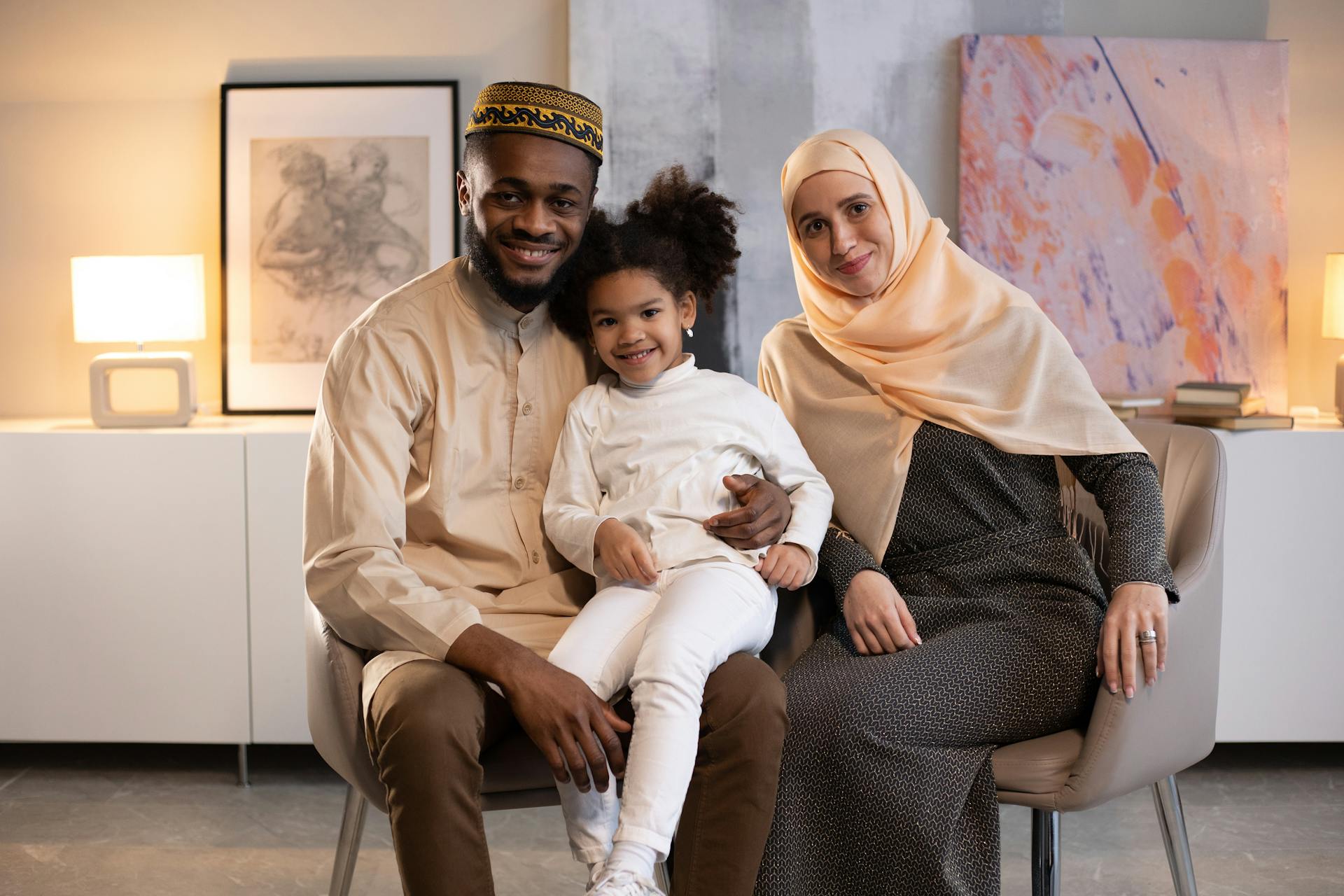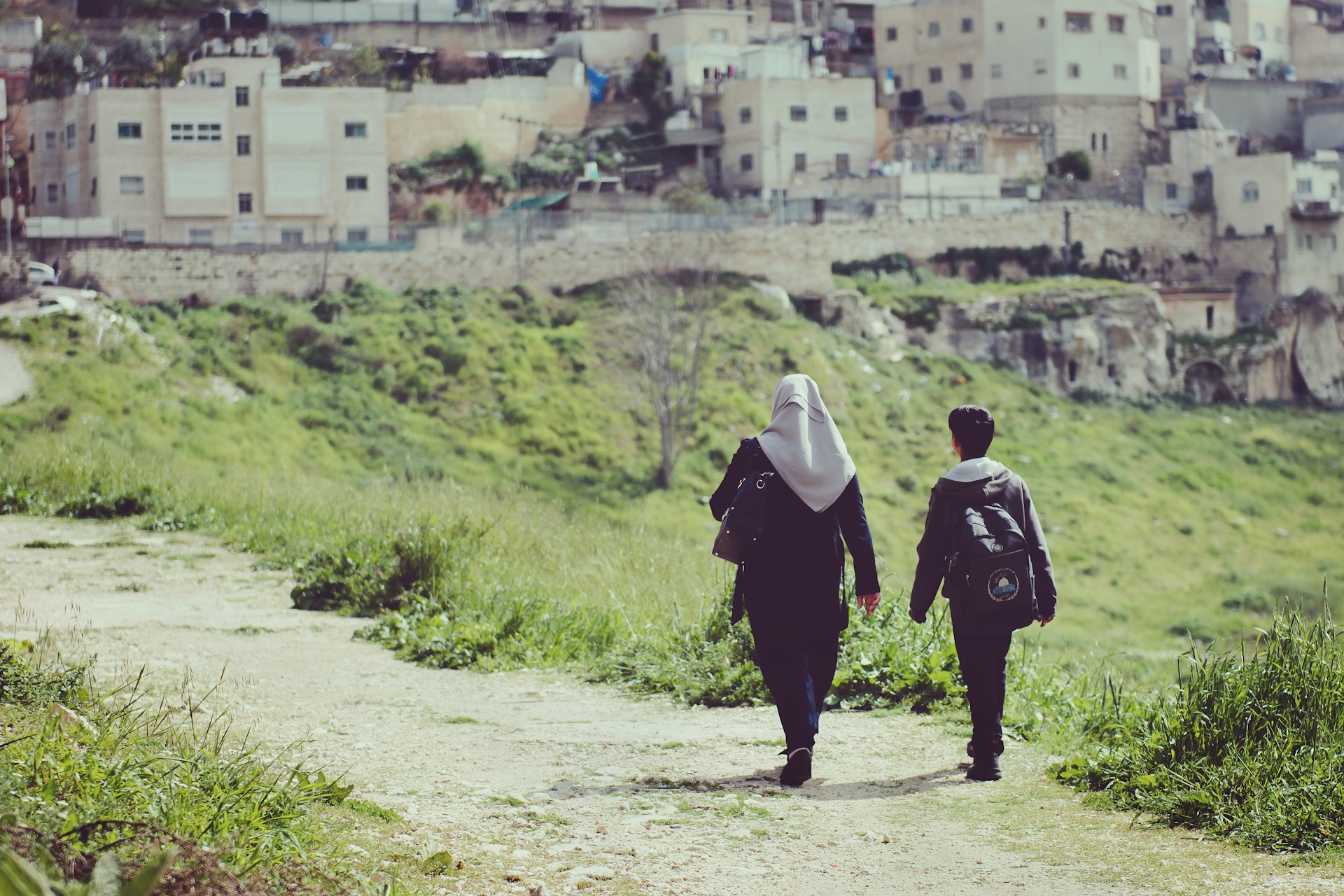
In the Name of Allah—the Most Compassionate, Most Merciful.
The birth of a new child is celebrated with joy and gratitude. Muslims believe that every child is a gift from Allah (سبحانه وتعالى), and they are encouraged to pray for the child’s well-being and happiness.
One way to do this is through dua, a supplication or prayer to Allah (سبحانه وتعالى).
Making a dua for a newborn baby is an act of love and compassion that can bring great blessings to the child and their family. It is a way to express our hope and support for the baby’s well-being and happiness.
Dua for a New Born Baby (Girl and Boy)
The arrival of a new baby brings immense joy and blessings to a family. While many duas can be recited for any child’s well-being, specific supplications are tailored for newborn girls and boys.
Offering a dua for a newborn baby is a beautiful way to seek blessings and protection from Allah.
Many du’as can be recited for the baby’s health and well-being, asking Allah protect their child so that they grow strong and healthy. Making a dua for a new born baby highlights a parents’ heartfelt desire to ensure baby protection from harm.
Parents should also pray Allah (سبحانه وتعالى) makes their child an imam and they grow into righteous individuals. These duas for a newborn baby carry profound meaning, reflecting the hopes and dreams parents have for their little ones as they embark on their journey in this world.
Each prayer is a reflection of the deep love and devotion parents have for their newly born baby health and happiness.
Arabic
English Translation
May Allah (سبحانه وتعالى) make him righteous, and make him(her) grow in a good manner, and make him(her) kind to his parents.
Transliteration
Allahumma ij’alhu min as-saliheen al-musliheen al-barrin biwalidayhim.
How can I Pray for a New Born Baby in Islam?
You should pray for a baby with a sincere heart. Allah (سبحانه وتعالى) knows your heart, so it is important to be sincere in your intentions when you make dua. Making a dua for a newborn baby should not be a one-time event. It is important to pray regularly for the baby’s well-being.
Step 1: Make a Sincere Intention
Before you begin to pray, take a moment to clear your mind and focus on your intention to pray for the newborn baby. Ask Allah (سبحانه وتعالى) to bestow His blessings upon your children granting them a life filled with health, faith, and happiness.
Step 2: Show Respect and Humility
Remember that Allah (سبحانه وتعالى) is the Most High and Most Merciful. You should approach Him with humility and respect when making a dua. The more humility you show in your prayers, the more likely they will be answered.
Step 3: Make Additional Prayers for the New Born Baby
You can also offer your own personal duas for your newborn. You might pray for your baby’s well-being, a strong and kind character, or wisdom and intelligence.
Other Duas That Can Be Recited
While the above dua holds specific significance for newborn babies, you can make others duas mentioned in the Quran and Sunnah for the child’s well-being. These duas ask Allah (سبحانه وتعالى) for various blessings, including health, protection, guidance, and success in life.
Dua for Sick Baby
In the unfortunate circumstance that a baby falls ill, parents and loved ones are encouraged to turn to Allah (سبحانه وتعالى) for healing and comfort. Specific duas for a sick child can be recited, seeking His mercy and swift recovery. These supplications express reliance on His power and offer solace during times of worry and distress.
Arabic
English Translation
I ask Almighty Allah, Lord of the Magnificent Throne, to make you well. (Recite seven times in Arabic)
Transliteration
As’alullaahal-‘Adheema Rabbal-‘Arshil-‘Adheemi ‘an yashfiyaka.
Sunnahs of a Newborn Baby
The birth of a child is a momentous occasion in Islam, and there are certain Sunnahs (practises of the Prophet Muhammad (صلى الله عليه و سلم) that are recommended to be performed to celebrate and bless the newborn. These practices are not obligatory but are highly encouraged as they carry spiritual significance and blessings.
Adhan and Iqamah
One of the first Sunnahs to perform upon the arrival of a newborn is to recite the Adhan (call to prayer) in the baby’s right ear. The Iqamah (call to commence prayer) is also recommended to be recited in the left ear.
This beautiful tradition is often carried out by the father or a pious individual in the family. The Adhan and Iqamah are recited softly and gently in the baby’s ears, welcoming them to a life of faith and devotion. This act signifies the parents’ intention to raise their child per Islamic principles and to instil in them a love for Allah (سبحانه وتعالى) from the very beginning.
Chewing of the Date (Tahneek)
Tahneek is a Sunnah in which a small piece of softened date is gently rubbed on the baby’s palate. A pious person performs this practice, which is believed to bring blessings and sweetness to the child’s life. It symbolises the child’s first taste of something sweet and wholesome.
The date used for Tahneek is usually chosen for its softness and quality. The pious person chews or mashes it until it becomes a paste-like consistency. Then, a small amount is carefully applied to the baby’s upper palate with a clean finger. This act is performed with gentleness and care, invoking blessings and supplications for the child’s well-being and future.
Naming the Child
Choosing a good name for the child is an important responsibility in Islam. The name should be given on the seventh day after birth, coinciding with the Aqiqah.
Parents are encouraged to select names with beautiful meanings. They should preferably name their children after Prophets, or attributes of Allah (سبحانه وتعالى), such as Abdullah and Abdur Rahman.
The Prophet Muhammad (صلى الله عليه و سلم) emphasised the significance of giving good names to children.
He said, “On the Day of Resurrection, you will be called by your names and by your fathers’ names, so give yourselves good names.”
A good name reflects the parents’ hopes and aspirations for their child and serves as a constant reminder of their identity and connection to their faith. It is a gift that will stay with the child throughout their life.
Aqiqah
Aqiqah is the sacrifice of an animal (usually a sheep or goat) to express gratitude to Allah (سبحانه وتعالى) for the blessing of a child. The Prophet Muhammad (صلى الله عليه و سلم) said: “The boy is mortgaged by his ‘Aqiqah; slaughtering should be done for him on the seventh day, he should be given a name, and his head should be shaved.”
The Aqiqah serves as a symbolic gesture of thanking Allah (سبحانه وتعالى) for the child’s safe arrival and acknowledging that the child is a gift and a trust from Him. It is also believed to strengthen the bond between the child and the community, as the shared meal fosters a sense of unity and celebration.
Furthermore, the Aqiqah has a social dimension, as the distribution of meat ensures that the community’s less fortunate members are included in the joyous occasion. This charity reinforces the Islamic values of compassion, generosity, and social responsibility.
Circumcision
Circumcision is a Sunnah for boys, typically performed shortly after birth or during childhood. It promotes hygiene and has health benefits. Circumcision also symbolises the covenant between Allah (سبحانه وتعالى) and Prophet Ibrahim (Abraham).
In Islamic tradition, circumcision is obligatory for all believing Muslim men. It is considered an act of fitrah (natural disposition) and a sign of submission to Allah’s (سبحانه وتعالى) will.
A qualified medical professional should perform circumcision in a safe and sterile environment. Parents should consult with their healthcare provider to determine the appropriate timing and procedure for their child’s circumcision.
Shaving the child’s head
Shaving the baby’s head is recommended on the seventh day after birth. This practice symbolises cleanliness and purity. The shaved hair is weighed, and its equivalent weight in silver is given to charity. This act further demonstrates gratitude and generosity.
Summary – Dua for Newborn Baby
Making dua for a baby is a beautiful way to express your love and support for the parents and the child. It is an act of worship that can profoundly impact the baby’s life.
Remember to be sincere in your prayers, pray with humility and respect, and be specific in your requests. By doing so, you can help ensure that the baby has a bright and blessed future.
Let’s pray that Allah (سبحانه وتعالى) blesses all babies with good health, happiness, and success. May they become righteous and virtuous individuals who contribute positively to society. And may Allah (سبحانه وتعالى) grant their parents the strength and patience to raise them in the best possible way.







